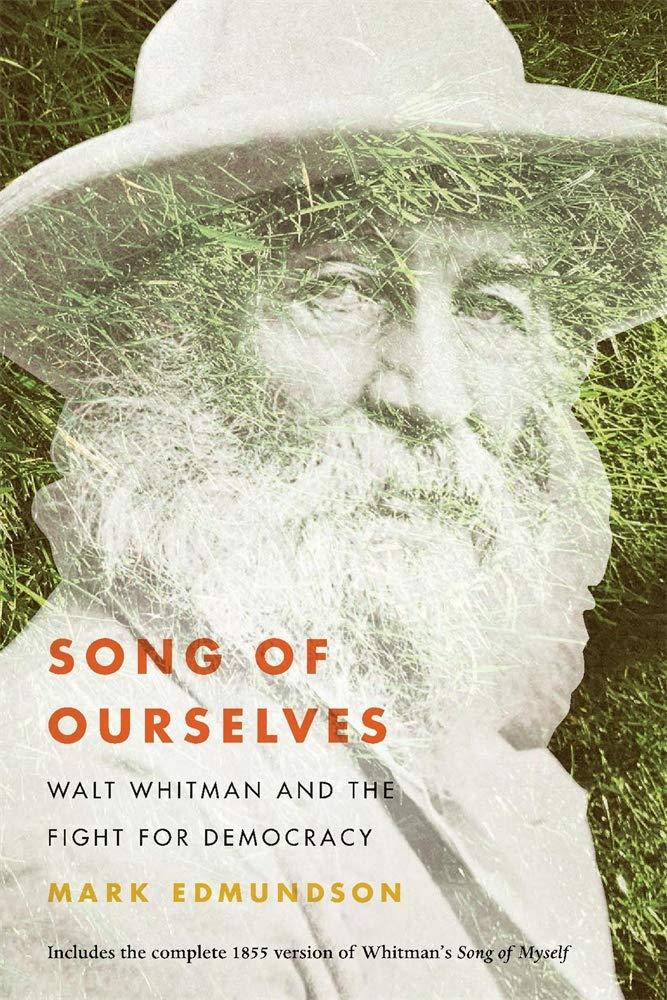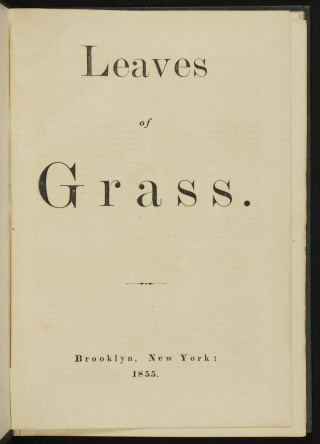Whitman was furiously committed to the idea of Union. The United States must stay one and whole. If it did not, the democratic ideal might go down as a failure. Whitman did all he could in his poems and journalism to fight for national unity. In this, he was much like Lincoln: Whitman detested slavery, but the prospect of disunion was his principal anxiety. Lincoln said that if he could save the Union without freeing a single slave, he would do so. Whitman the citizen and journalist would have concurred: though as we’ve seen, Whitman the visionary nurtured other aspirations about race in democratic America.
America was moving toward crisis, and the denizens of Pfaff’s, Whitman included, were dealing with it in their various ways. Whitman wrote and brooded, brooded and wrote, and braced himself for the moment when his beloved Union would undergo major challenge. Walt saw Lincoln for the first time on Tuesday, February 19, 1861, when the president went to New York, on the way to Washington, DC, for his inauguration. Whitman was one of a crowd of 30,000 gathered on Broadway to get a look at the president-elect. Walt saw Lincoln leave his carriage, mount the steps of the Astor Hotel, turn, take a slow, melancholy look around, then disappear behind closed doors. Lincoln did not speak a word to the crowds that had gathered to see him. (Or so Whitman says—others claim he made brief remarks.) Whitman was on the top of a stagecoach when he saw Lincoln, the man who would fascinate and move him for the next four years and beyond.
Looking back, Whitman recalled how “two or three shabby hack barouches [four-wheeled horse-drawn carriages] made their way with some difficulty through the crowd, and drew up at the Astor House entrance. A tall figure step’d out of the centre of these barouches, paus’d leisurely on the sidewalk, look’d up at the granite walls and looming architecture of the grand old hotel—then after a relieving stretch of arms and legs, turn’d round for over a minute to slowly and good-humoredly scan the appearance of the vast and silent crowds.”
A handful of states had already left the Union by the day that Whitman saw Lincoln arrive in New York, and before long, Southern troops fired on Fort Sumter. War was on. The next two years were among the worst of Walt’s life. He was too old to fight: he was now in his forties, and all the beefsteak, champagne, and butter he’d consumed at Pfaff’s had made him portly. Whitman had been terrified by the idea of Civil War—he hated the thought of the states being at deadly odds with each other. (The states being in tension with one another was fine with Walt: he wanted as much diversity and even opposition as possible, without fracture.)

